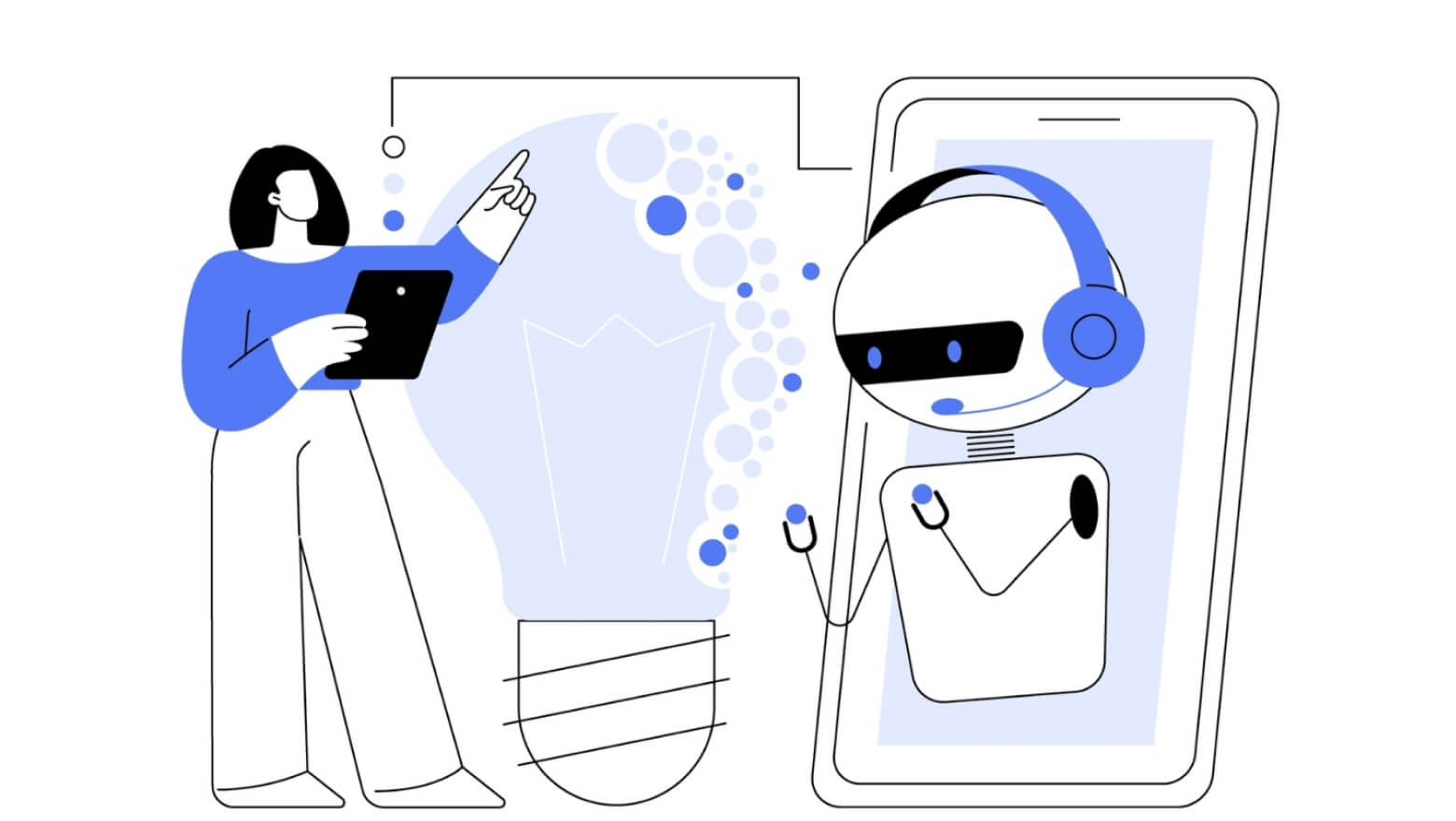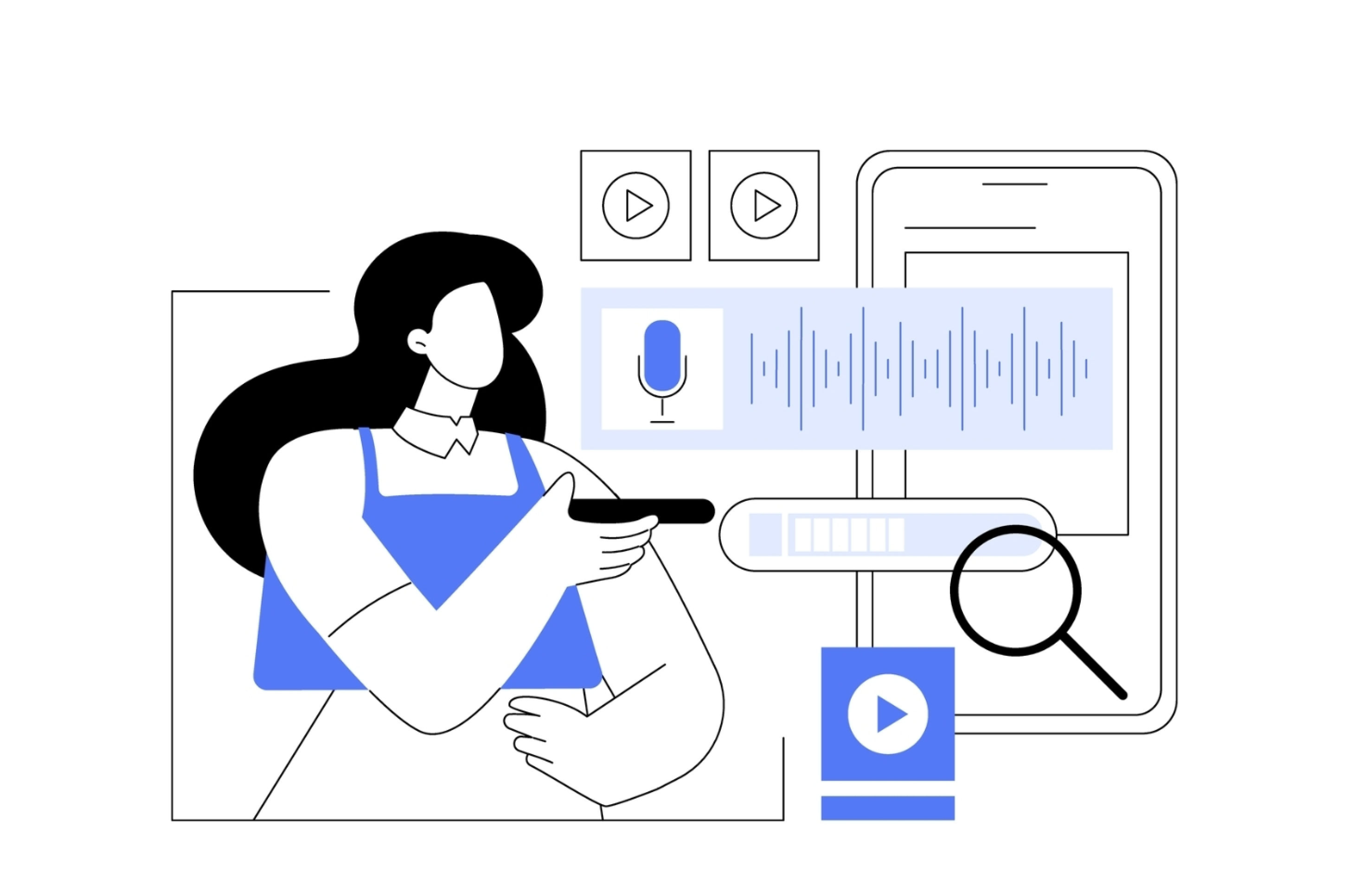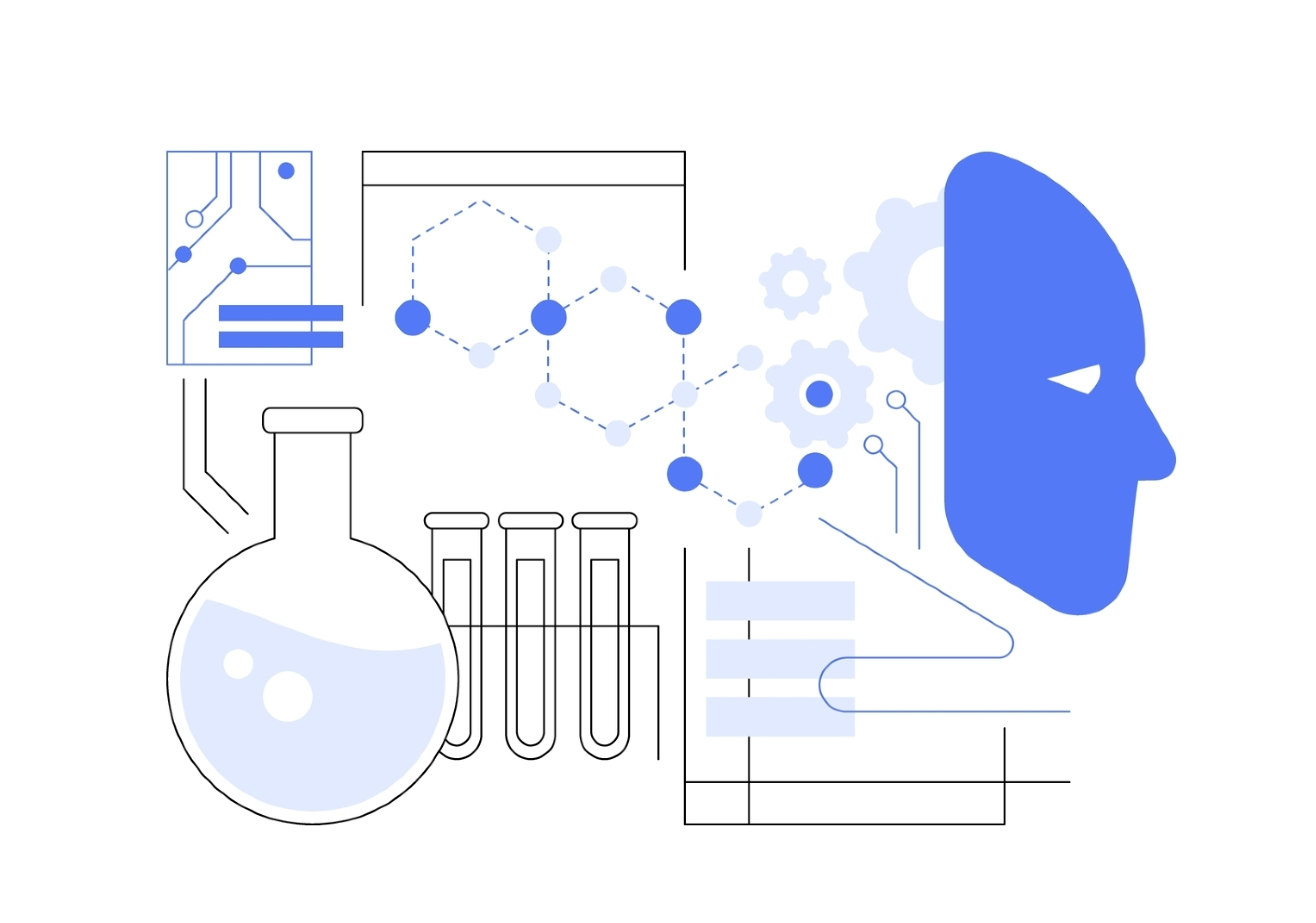The world of content creation has experienced transformative changes in recent years, particularly with the advent of artificial intelligence (AI) technologies. AI content generation tools have emerged as powerful allies in the digital landscape, promising efficiency, scalability, and cost-effectiveness. On the other hand, human writers bring creativity, emotional intelligence, and unique perspectives that machines cannot replicate. This article delves into the intricate dynamics between AI-generated content and human writing, exploring their strengths and weaknesses while seeking to strike a balance that maximizes their potential.

Definition of AI Content Generation
AI content generation is a process in which algorithms create textual material using machine learning and natural language processing. These technologies are able to analyze huge amounts of data, identify key patterns and create texts in various formats — from simple descriptions to complex analytical articles. Modern tools like Lingvanex AI Content Generator and others are rapidly changing the way companies and individual authors create content.
Advantages of AI Content Generation
Artificial intelligence has brought significant advancements to content creation, offering various advantages that can greatly enhance the efficiency and effectiveness of content production.
- High Speed of Operation. AI can generate large amounts of text in minutes, significantly reducing content production time, which is crucial for industries like news, marketing, and e-commerce where timeliness matters.
- Scalability. AI enables the creation of content for multiple platforms and adapts it to different languages or local audiences. For example, AI-generated content can be easily translated and adjusted for various regions, helping businesses succeed in international markets.
- Data Analysis. AI can analyze vast amounts of data, identifying trends, audience preferences, and key queries. This helps create content that meets consumer expectations, improves SEO, and boosts engagement.
- Cost-Effectiveness. AI reduces content creation costs by eliminating the need for large teams of writers, editors, and translators, making high-quality content accessible to small and medium-sized companies on a limited budget.
- Automation of Routine Tasks. AI can automate tasks like generating text templates, describing products, or creating reports, freeing up time for more creative and strategic work, which boosts overall team productivity.
AI content generation offers a range of advantages that can drive productivity, scalability, and cost efficiency. By leveraging these benefits, businesses can stay competitive while enhancing the overall quality and reach of their content.
Limitations of AI Content Generation
While AI has revolutionized content creation, it still faces significant limitations that prevent it from fully replacing human writers. These limitations impact the quality and effectiveness of AI-generated content in various contexts.
- Limited Context and Emotional Understanding. AI struggles to fully comprehend context or emotional subtext, often resulting in monotonous and superficial content. It may overlook key details or misinterpret connections between facts, which reduces the overall quality, especially in complex or emotional writing.
- Prone to Errors. AI can generate errors due to outdated or incorrect data. It relies on available sources, which are not always accurate or relevant. This is especially problematic in fields like medicine, law, or science, where precision is critical. Additionally, AI sometimes creates "confidently incorrect" content that appears reliable but contains factual inaccuracies.
- Cultural and Linguistic Limitations. AI cannot effectively account for cultural nuances or subtle linguistic details. Humor, metaphors, or idioms often lose their meaning when generated by AI, particularly in cross-cultural contexts. This makes AI less effective in situations requiring empathy, audience understanding, or a unique approach.
- Lack of Originality and Creativity. AI-generated texts often lack originality because algorithms rely on pre-existing information and template structures. This leads to repetitive and uninspired content, making AI unsuitable for projects where fresh ideas or the author's unique style are essential.
- Ethical Concerns. AI can inadvertently replicate biases present in its training data, leading to discriminatory or misleading content. Without proper oversight, this can harm the reputation of companies using AI to generate content.
- Inflexibility for Non-Standard Tasks. AI is limited in its ability to adapt to unique or creative tasks. When a project demands a personalized or innovative approach, AI often produces templated solutions that fall short of meeting specific needs or delivering in-depth analysis.
While AI offers significant benefits in terms of speed and scalability, its limitations in understanding context, creativity, and cultural nuances highlight the importance of human intervention in content creation.
The Role of Human Writers
Human writers continue to play an indispensable role in the process of creating content, ensuring its originality, creativity and depth. Unlike AI, they are able to take into account the emotional context, which allows you to create texts that resonate with the audience and cause a strong response. Authors can also adapt the style and content depending on the changing conditions and preferences of readers, which gives them flexibility and the ability to quickly respond to trends and events. The creative approach of people allows you to create unique materials that cannot be reproduced by algorithms. This makes them important not only for creating content, but also for building long-term relationships with the audience.
Advantages of Human Writers
Human writers possess distinct advantages that make them invaluable in the content creation process. Their ability to combine creativity, emotional insight, and a deep understanding of social and cultural contexts allows them to produce content that resonates with diverse audiences.
- Creativity and Originality. Human authors bring a unique ability to think creatively, blending non-standard ideas and artistic techniques to produce original and exciting content. This is crucial in fields like advertising, literature, journalism, and establishing a distinctive brand voice.
- Interpretation of Complex Ideas. Human intelligence plays a vital role in simplifying complex concepts and making them accessible and persuasive. Writers can focus on key points, avoiding unnecessary details, and adjusting the tone to suit the target audience, ensuring clarity and engagement.
- Cultural and Social Awareness. Human authors have an intuitive understanding of cultural and social contexts, allowing them to adapt content to suit different audiences. This makes them particularly effective in international marketing and creating content that resonates across diverse regions.
- Emotional Intelligence. Unlike AI, human writers can capture and convey subtle emotions, evoking feelings like joy, sympathy, or inspiration. This emotional connection is essential in content like social campaigns, fiction, or personal blogs, where engagement is driven by empathy.
- Adaptability and Flexibility. Human writers can quickly adjust to changing requirements or specific project needs, offering creativity and flexibility that AI cannot match. This adaptability is crucial in handling unique or non-standard tasks, making human authors a valuable part of any creative team.
The blend of creativity, emotional intelligence, cultural awareness, and flexibility makes human writers essential to producing content that resonates on a deeper level and meets the diverse needs of audiences across various sectors.
Limitations of Human Writers
Human writers offer numerous advantages, they also face certain limitations that can affect the quality and efficiency of content creation. These challenges highlight areas where human writing may fall short compared to AI-generated content.
- Time Constraints. Writing high-quality content, especially for deep analysis or complex topics, takes significant time. When faced with tight deadlines, authors may struggle to maintain attention to detail, skipping essential stages like verification and editing, which can impact the final product.
- Human Factors. Authors are susceptible to fatigue, emotional fluctuations, and personal circumstances, which can decrease productivity and introduce errors in their work. Additionally, personal biases or preferences may influence the text, affecting its objectivity and appeal to a broad audience.
- Dependence on Up-to-Date Information. Human authors rely on access to current data and resources. If they lack the time or resources for thorough research, they may produce content with outdated or superficial information, which is particularly problematic for technical, scientific, or financial writing, where accuracy is paramount.
- Cost of Professional Services. The expertise and time required to create high-quality content often make professional writers' services expensive, posing a challenge for small businesses or startups with limited budgets, particularly if they need to produce large volumes of content.
- Scalability Limitations. Unlike AI, which can quickly generate vast amounts of content, human writers are physically limited in how much they can produce. To meet large content demands, teams must be expanded, which increases costs and complicates project management.
- Creative Burnout. The constant pressure to produce new ideas and unique content can lead to creative burnout. This affects motivation, inspiration, and the overall quality of work, especially for projects requiring frequent, original content releases.
Thus, although human authors have unique advantages, their work comes with a number of limitations that make collaboration with AI or workflow optimization important factors for increasing efficiency and reducing costs.
Striking the Right Balance
In the confrontation between AI content generation and human creativity, the goal is not to choose one side, but to find the right combination. Modern technologies provide unprecedented opportunities for cooperation. By combining the speed and power of AI with human creativity and sensuality, companies and authors can achieve a qualitatively new level in content creation.
Enhancing Productivity with AI Tools
Using AI-based tools significantly speeds up the content production process. Algorithms can automatically collect data, generate draft versions of texts and analyze key audience requests, leaving authors more time to complete creative tasks. For example, AI can prepare the basis of an article or collect statistics, which will then be integrated by the author into more complex and elaborated material. This approach helps to speed up routine processes and focus on creating really valuable ideas.
Maintaining Quality and Authenticity
Despite the advantages of AI, the quality and authenticity of content remains an area where human intervention plays a crucial role. The author can adjust the texts created by the machine to eliminate the template, improve the style and make the material more personalized. Only a person is able to interpret complex cultural and social contexts, as well as take into account the emotional response of the audience, which is necessary to maintain trust in the brand or author. As a result, the content created in tandem with AI will not only be effective, but also truly memorable.
Leveraging Data for Improved Writing
AI provides authors with access to data arrays that were previously difficult or impossible to analyze effectively manually. Data such as user behavior, keyword trends, or successful content formats allow you to create more relevant and targeted content. Authors armed with these insights can write texts that better meet the interests and needs of the audience. For example, analyzing popular topics or user comments helps to create more engaging content that meets the real needs of readers.
Synergy Approach
This synergy between AI and human authors not only increases productivity, but also makes content more meaningful and personalized. Authors armed with data and automated tools can focus on creating narratives that evoke an emotional response and hold the audience's attention. Such texts do a better job of increasing engagement, creating stronger connections with readers and enhancing the overall effect of the content strategy.
Combining the speed and power of AI with human creativity and intuition allows us to achieve a qualitatively new level in the creation of materials. This is an approach in which technology serves as an assistant, not a substitute, providing authors with the tools to maximize their potential. It is in this harmony that the key to a successful future in the world of content generation lies.
Conclusion
The balance between artificial intelligence and human labor is not a compromise, but a synergy where the strengths of both sides complement each other. Technology continues to evolve, but the unique human role in creating deep and meaningful communication remains unchanged. It is important for organizations to look for ways to integrate AI into their work processes while maintaining human control and creativity.



